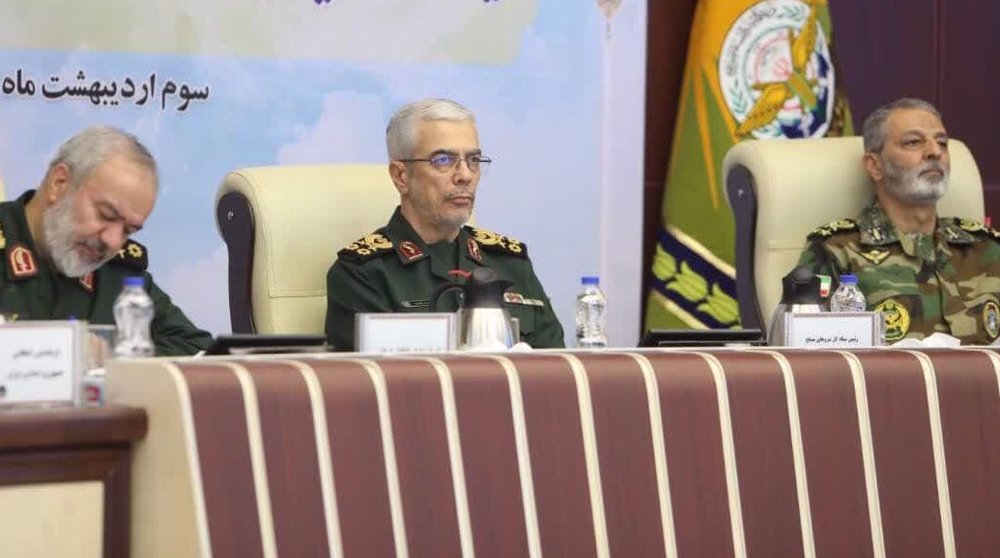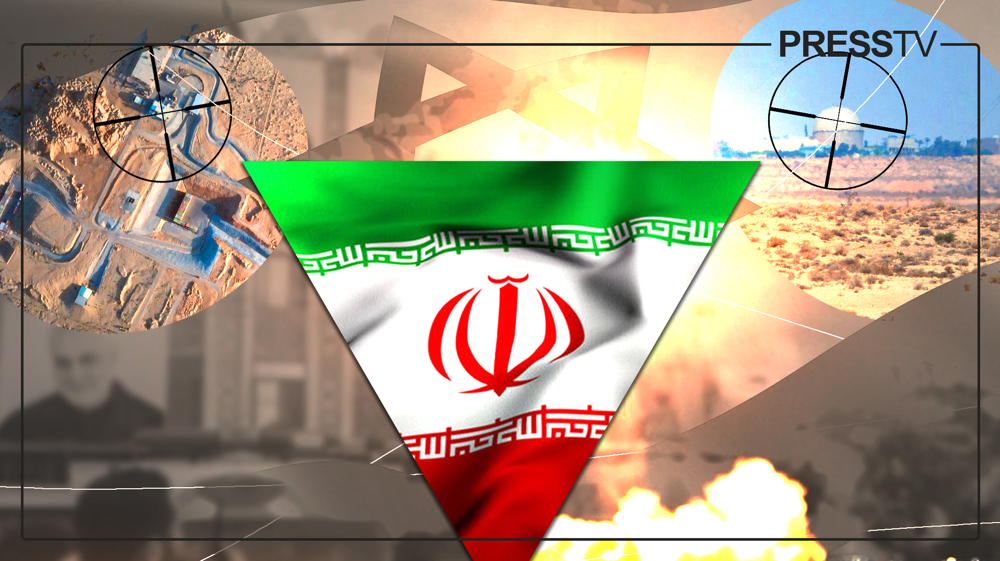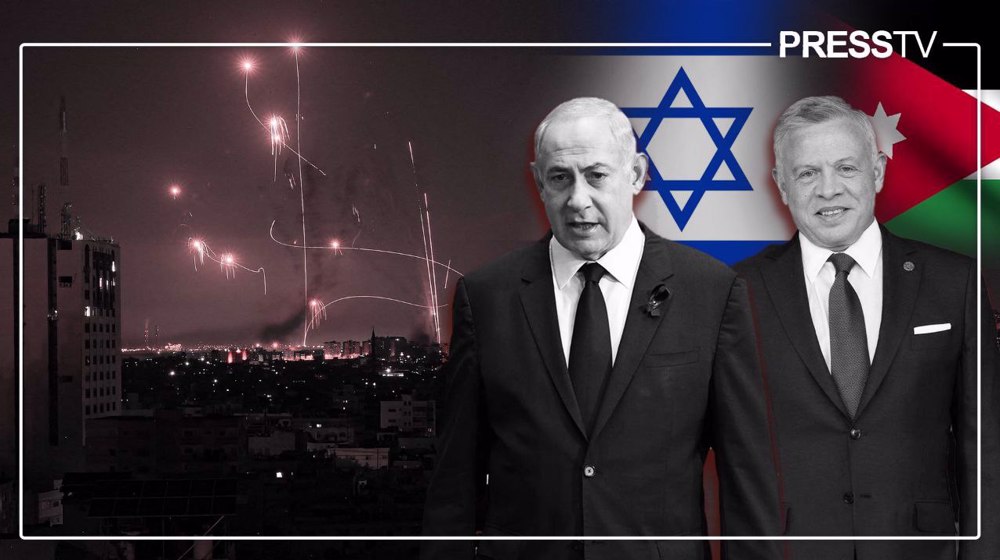Iran missile tests did not breach UN resolution: Russia
Russia has once again affirmed that Iran’s recent ballistic missile tests were not in breach of a United Nations Security Council (UNSC) resolution adopted last July.
Mikhail Ulyanov, the head of the Russian Foreign Ministry’s department for non-proliferation and arms control, said on Wednesday that UNSC Resolution 2231 “does not ban (the tests).”
The Russian official said that Moscow sees no point in putting the issue of Iran’s ballistic missiles on UNSC agenda as the move would have no basis.
Ulyanov remarks come as the United States and some of its European allies are seeking a meeting at the United Nations Security Council (UNSC) on Iran’s recent missile tests, which they claim were carried out “in defiance of” the UNSC resolution.
In a letter to UN Secretary General Ban Ki-moon and Spain’s UN Ambassador Roman Oyarzun Marchesi, the US, Britain, France, and Germany reportedly called for discussions on an “appropriate response” by the UNSC to Iran’s missile tests.
In their joint letter, the four countries claimed that the missiles used in Iran’s recent tests were “inherently capable of delivering nuclear weapons” and were “inconsistent with” and “in defiance of” UNSC Resolution 2231 adopted last July to endorse a nuclear agreement between Iran and the P5+1 group of countries.
In his Wednesday remarks, Ulyanov said, “Any country, especially when it comes to a Security Council member, can raise these issues, any country can write to the Security Council. But in this case, we do not quite understand the reasons. Whether someone likes it or not, the fact that Iran is launching ballistic missiles is a separate case. The truth is that there are no constraints on such launches in [UN] Resolution 2231.”

Resolution 2231, which endorses the Joint Comprehensive Plan of Action (JCPOA) — the Iran-P5+1 agreement — provides for the termination of the provisions of previous Security Council resolutions over the Iranian nuclear program.
On March 9, Iran’s Islamic Revolution Guards Corps (IRGC) successfully test-fired two ballistic missiles as part of measures to assess IRGC capabilities. The missiles, dubbed Qadr-H and Qadr-F, were fired during large-scale drills code-named Eqtedar-e-Velayat. Iran fired another ballistic missile dubbed Qiam from silo-based launchers in different locations across the country on March 8.
Iran argues its missiles are defensive and designed to carry conventional explosives only. The US, Britain, France, and Germany were, along with China and Russia, members of the P5+1, which reached the nuclear deal with Iran after some 22 months of negotiations. Iran and the six other countries started implementing the deal on January 16.
VIDEO | Palestinians inspect rubble of destroyed building in Rafah
Yemeni forces strike US, Israeli vessels in fresh pro-Palestinian operations
‘Say no to Biden’: US college being pressed not to endorse genocide
VIDEO | UN: Alarming food insecurity crisis grips Afghanistan
VIDEO | Stuck in quagmire
UK suspends legal assessments of Israeli violations in Gaza
Students protest at US universities to urge end in financial ties to Israel
Biden signs war aid bill supplying Israel, Ukraine with more weapons















 This makes it easy to access the Press TV website
This makes it easy to access the Press TV website